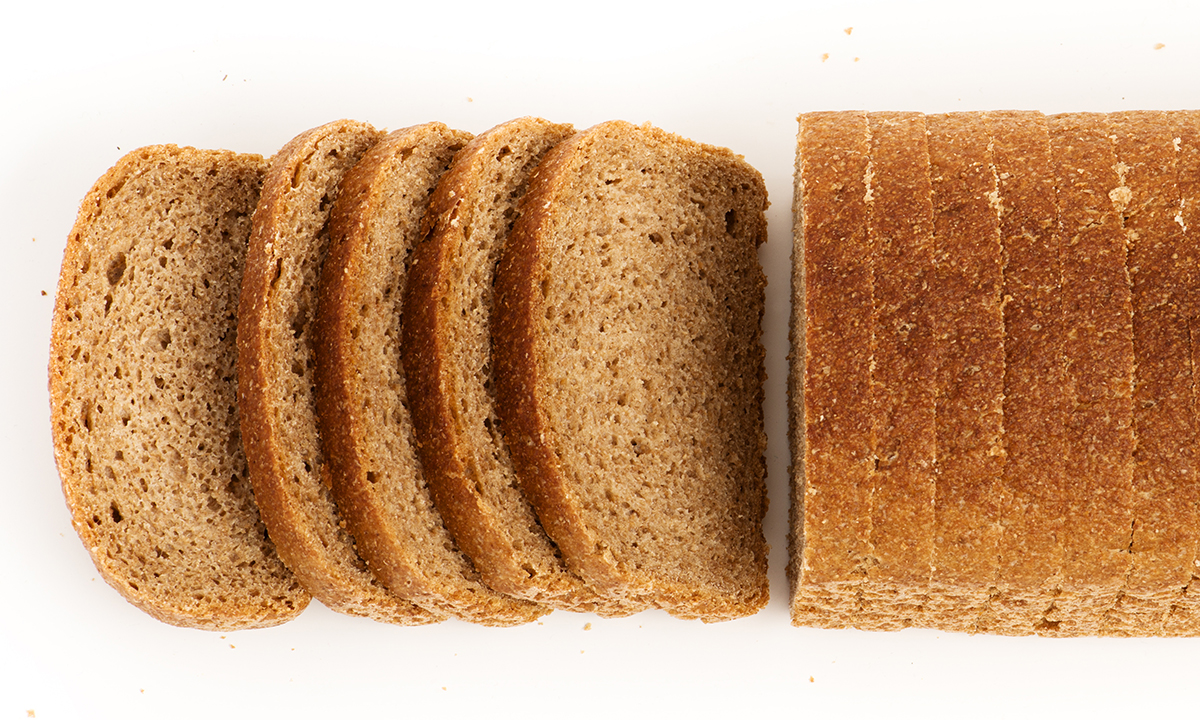MANDATORY fortification of wheat flour with folic acid to prevent neural tube defects in developing fetuses has been questioned by public health experts in an editorial published today in the MJA.
In Australia and New Zealand, the replacement of normal salt in bread with iodised salt in order to counteract iodine deficiency has been mandatory since 2009. Australia also mandates the addition of folic acid and thiamine (to prevent Wernicke–Korsakoff syndrome) to wheat flour for making bread, as well as the addition of vitamin D to margarines and spreads.
But Professor Ken Harvey, from the School of Public Health and Preventative Medicine at Monash University, and Dr Basia Diug, a senior lecturer and research fellow, also at Monash, wrote in their MJA editorial that there were ethical differences between fortification with iodine and fortification with folic acid.
“Mandatory fortification with folic acid is popular as a regulatory approach because it does not require active behavioural change, has a broad impact, and has been shown to be more effective at achieving recommended nutrient levels than voluntary approaches,” they wrote.
“The aim of folic acid fortification, however, is to compensate a presumed genetic defect in individuals who are at risk but cannot be individually identified; this is conceptually different to boosting the iodine content of foodstuffs to ameliorate a population deficiency.
“Folic acid fortification thus raises ethical questions about exposing the many for the benefit of a few; concerns have been expressed that exposing children to high levels of folic acid over their entire lifetime may increase their risk of adverse effects.”
The editorial accompanied a research letter, from authors at the Menzies Institute for Medical Research at the University of Tasmania in Hobart, describing the results of the latest post-mandatory iodine fortification survey, which was conducted between May and September 2016.
Iodised salt in bread was mandated in Tasmania in 2009 following the re-emergence of mild iodine deficiency in Tasmania in the late 1990s, and a voluntary bread fortification program which began in 2001.
In the latest survey, spot morning urine samples were collected from 413 schoolchildren aged 8–10 years. The median urinary iodine concentration (UIC) was 130 μg/L; UIC was below 100 μg/L in 124 samples (30.0%) and below 50 μg/L in 13 (3.2%).
“Iodine status in 2016 was not significantly different from the 2011 level (129 μg/L; < 50 μg/L: 11 of 320 samples [3.4%]; P = 0.45),” wrote the authors.
“In contrast, the median UIC in 2016 was significantly higher than during the voluntary fortification period (2003–2007 surveys: median, 108 μg/L; < 50 μg/L: 142 of 1511 samples [9.4%]; P < 0.001) and before fortification (1998, 2000 surveys: median, 75 μg/L; < 50 μg/L: 67 of 411 samples [16%]; P < 0.001).
“After 7 years of mandatory fortification, the consistent median UIC from Tasmanian surveys indicates that the outcome of this public health initiative is stable and potentially sustainable,” they concluded.
“However, these conclusions cannot be extrapolated to all population groups, particularly pregnant and lactating women, as their greater requirement for iodine is unlikely to be met by mandatory fortification alone.
“The history of iodine nutrition in Tasmania indicates that ongoing monitoring of population iodine nutrition is needed to prevent a return to iodine deficiency.”
Harvey and Diug agreed that monitoring was essential, but also added that Australians would be better served by improving their overall diet.
“While some fortified products may be beneficial for specific populations, such as foods containing plant sterols for people with hypocholesteremia, they can also be over-promoted, unnecessary, and expensive,” they wrote.
“Ongoing monitoring of the population is required to ensure that safe upper limits for levels of nutrients (including folic acid) are not breached.
“Finally, promotion of the Australian Dietary Guidelines remains crucial, as there are many more health benefits in consuming whole foods than in taking isolated supplements.”
To find a doctor, or a job, to use GP Desktop and Doctors Health, book and track your CPD, and buy textbooks and guidelines, visit doctorportal.

 more_vert
more_vert
Folic Acid supplements are not good for every person. I have been diagnosed with MTHFR mutation, which means my body can’t process folic acid and break it down into its natural form (folate). This can cause harm to myself if I have too much folic acid. Studies show that 10-15% of people carry this gene mutation. Unless you have been sent off for a blood test you may have this gene mutation.
I now have to search for bread that does not contain folic acid and take methylfolate to get my required dosage. Unfortunately the bread without folate (organic sourdough) is not really pleasant to eat. Why supplement something in food that can be harm to so many people?
Reply to Jan Sheringham:
I have high blood levels of Folate. Every time I eat green leafy vegetables or a large serve of some wheat product fortified with Folic Acid, it seriously disturbs my sleep. Folate is a Serotonin Reuptake Promoter as well as a Methylation promoter, both of which increase the levels of some neurotransmitters, most notably Serotonin.
Folate and Folic Acid are certainly harmful to me and many other people.
The enforced medication to the whole community to benefit only a few must stop.
Foods are not fortified with folate, but with folic acid. There is a difference. Folate is the form that occurs naturally in foods, whereas folic acid is the synthetic form used as an additive.
Possible adverse effects can occur, depending on older people’s B12 status. See https://academic.oup.com/ajcn/article/85/1/3/4649440
Since when was it shown that fortification of foods with folate (a water-soluble vitamin) caused any toxicity/harm? AUTHORS PLEASE EXPLAIN!